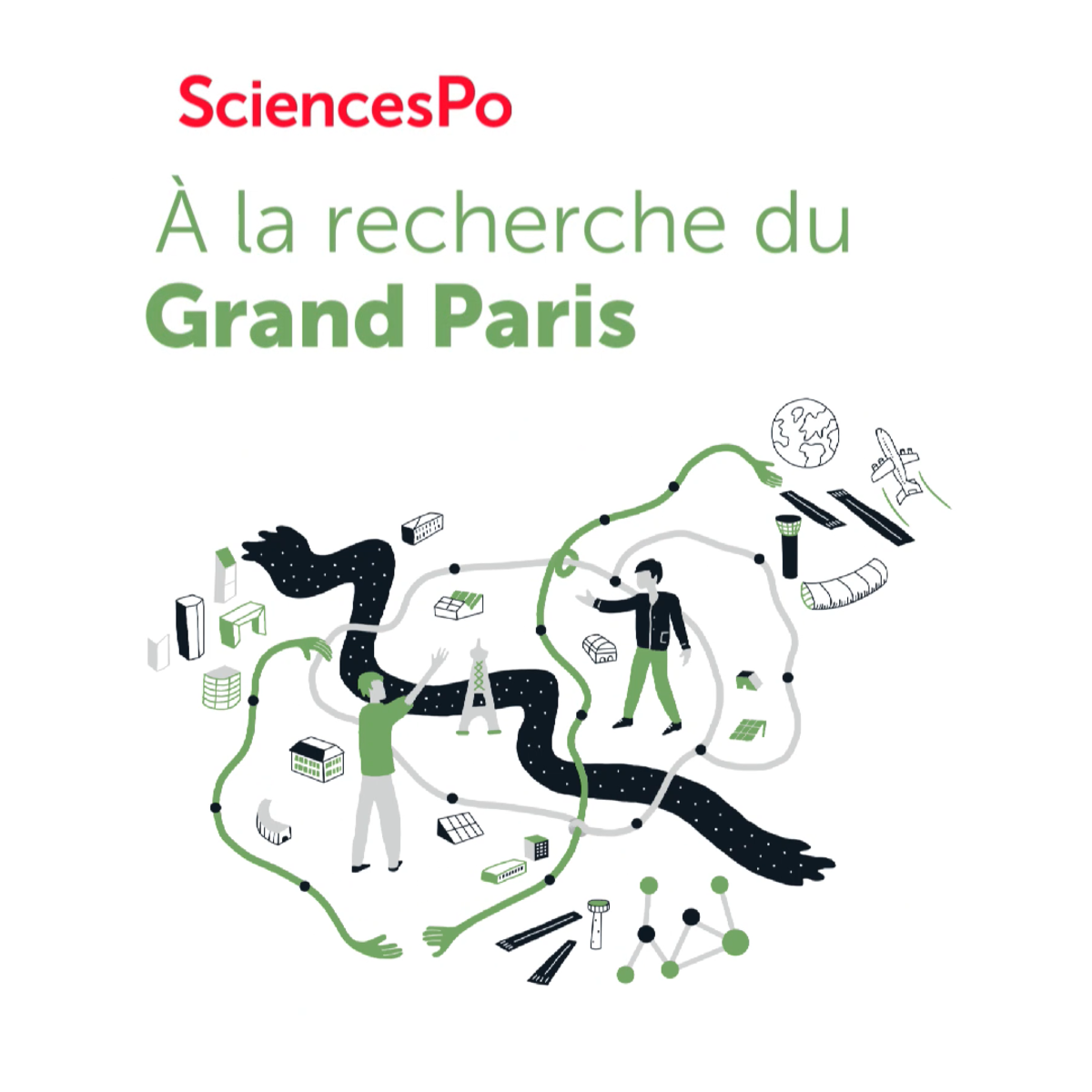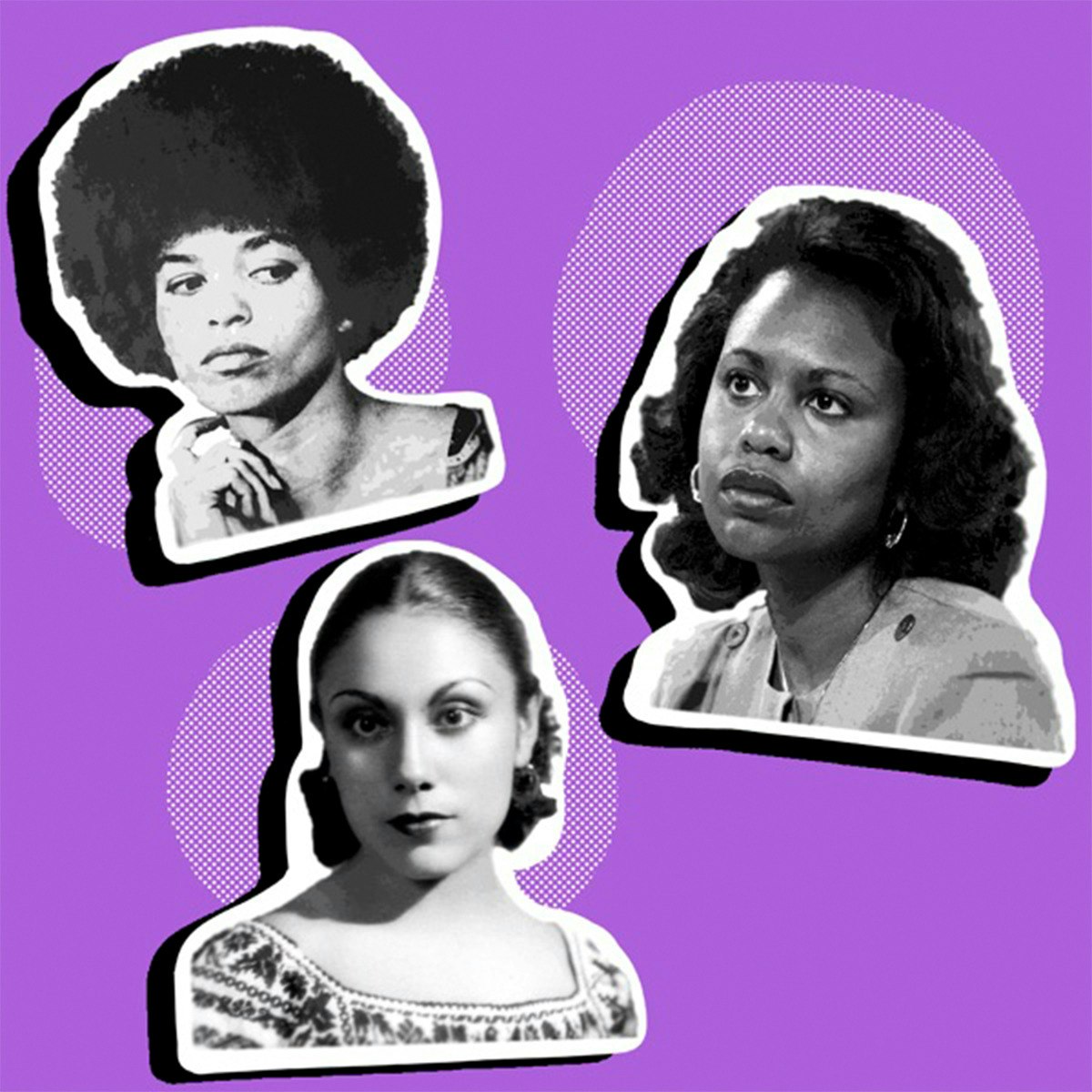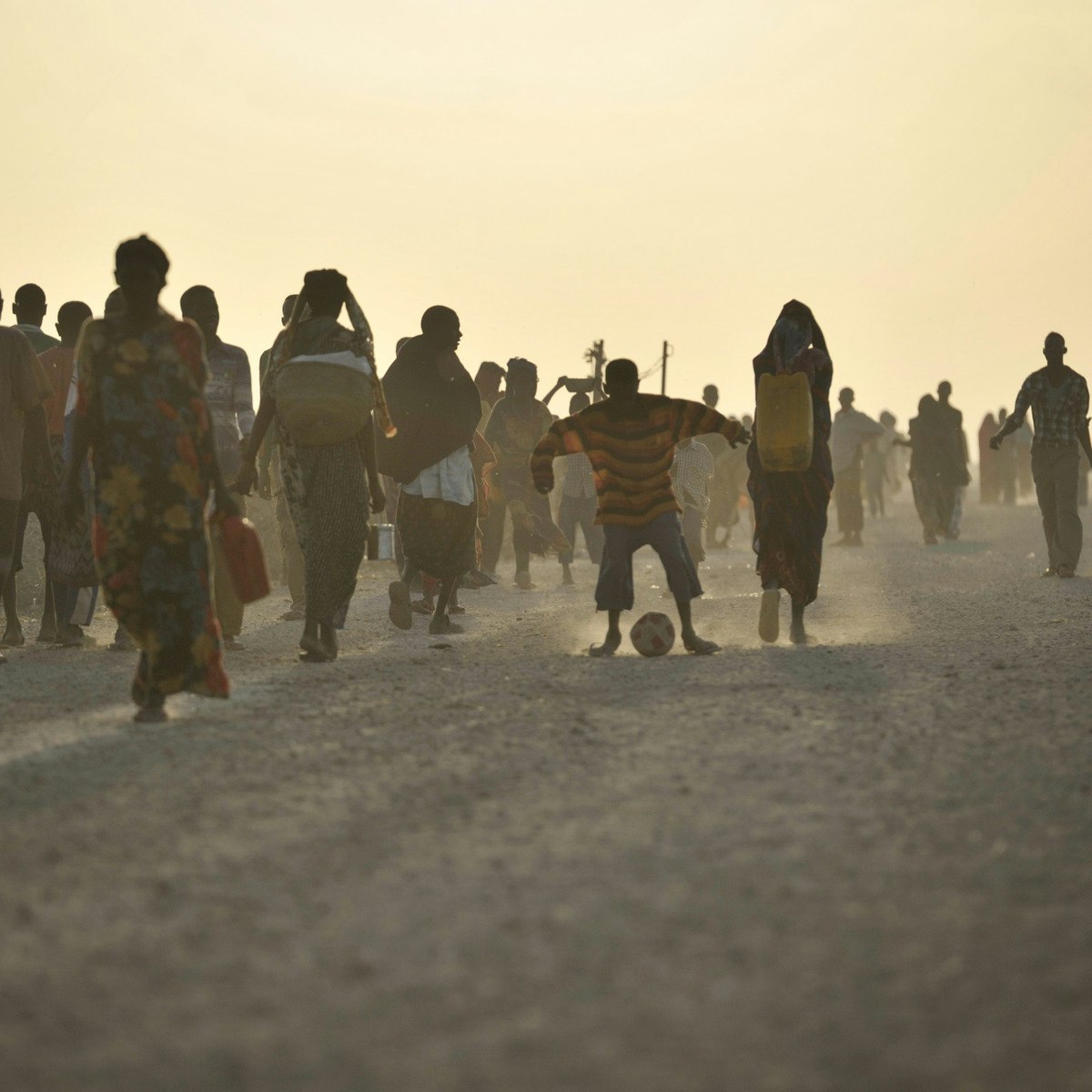Back to Courses









History Courses - Page 7
Showing results 61-70 of 168

Arch of Titus: Rome and the Menorah
The Arch of Titus: Rome and the Menorah explores one of the most significant Roman monuments to survive from antiquity, from the perspectives of Roman, Jewish and later Christian history and art. The Arch of Titus commemorates the destruction of Jerusalem by the emperor Titus in 70 CE, an event of pivotal importance for the history of the Roman Empire, of Judaism, of Christianity and of modern nationalism.
Together with your guide, Professor Steven Fine, you will examine ancient texts and artifacts, gaining skills as a historian as you explore the continuing significance of the Arch of Titus from antiquity to the very present. Course members will accompany Professor Fine on virtual "fieldtrips" to museums and historical sites in Los Angeles and New York where you will "meet" curators, scholars and artists. You will attend an academic colloquium and even "participate" in office hours. Students will participate in the latest advancement in the study of the Arch - the restoration of its original colors. You will learn how color was used in Roman antiquity and apply that knowledge to complete your own 'color restoration' of the Arch of Titus menorah relief.

Teaching Writing Final Project
One of the goals of the Teaching Writing specialization has been to help every learner consider ways to adapt what they are learning and apply it to their specific situation, needs and interests. The theories, strategies and practices presented in these courses are sound, and can work with any student of any age and skill level, provided each learner is able to adapt their learning and apply it to their specific students, current or future. In this final project, learners will select one component from each of the four courses that are among the most important things they learned from that course. They will describe what these components are, explain why they are important to the learner, and create a plan for incorporating that new learning into their teaching or their own writing going forward.

Searching for the Grand Paris
What is the reasoning for the Grand Paris? What does the transformation of the relationship between Paris and its suburbs imply? “Searching for the Grand Paris” is an original MOOC featuring accounts from residents, association representatives, experts, and researchers. It also contains archival footage and documents, as well as a comparative analysis of Brussels, London, and other French cities. The MOOC combines historical and comparative approaches with a discussion of controversial topics. It also reflects upon the notion of scale and questions what is at stake in the implementation of the Grand Paris. It discusses the evolution of Paris and its region, as well as issues such as ethnic and social segregation, economic growth, safety, the environment, housing, transportation, city construction, education, and culture. “Searching for the Grand Paris” is not exclusively directed towards universities. It is free and for the general public. This dynamic, even lively, MOOC was made in collaboration with students from the University of Science Po (Paris Institute of Political Studies), along with many other contributors.
TEACHER : Patrick Le Galès (politist and sociologist)
PREREQUISITE
There is no required prerequisite for this course.
PLAN DU COURS
Session 1: Metropolization and Economic Growth
Session 2: Population and Migration
Session 3: Housing and Construction
Session 4: Transportation and Mobility
Session 5: Law enforcement and Environment
Session 6: Culture and Education
EVALUATION
This MOOC offers a final MCQ.
PEDAGOGICAL TEAM
Héloïse Thibault, Valentine Quinio, Judith Lienhard, Ninon Beillard, Juliette Guichardet, Odile Gaultier-Voituriez, Miyuki Tsuchiya, Maxime Crépel, Pôle Audiovisuel Sciences Po
TERMS OF USE
All rights reserved
PARTNERS
Mairie de Paris | Ecole urbaine de SciencesPo Paris | Grand Public

Sports and Society
Sports play a giant role in contemporary society worldwide. But few of us pause to think about the larger questions of money, politics, race, sex, culture, and commercialization that surround sports everywhere. This course draws on the tools of anthropology, sociology, history, and other disciplines to give you new perspectives on the games we watch and play. It's the new and improved version of Professor Orin Starn's original "Sports and Society" for Coursera, which drew more than 40,000 students. We will focus on both popular sports like soccer (or “football,” as anyone outside America calls it), basketball, and baseball, and also lesser-known ones like mountain-climbing and fishing. You will never watch or think about sports in the same way again.

Feminism and Social Justice
"Feminism and Social Justice" is an adaptation of Distinguished Professor Bettina Aptheker's long-running course at UC Santa Cruz. In the course, Professor Aptheker presents a broad definition of feminism that serves to frame three significant events in the history of feminism and social justice: the Empire Zinc strike of 1951, the 1971-1972 trial of Angela Davis, and the #metoo Movement.

Internal Displacement, Conflict and Protection
This course provides insight into the phenomenon of internal displacement, a major humanitarian and development challenge in today’s world. Taking a global perspective, you will learn about who internally displaced persons (IDPs) are and where they come from, as well as delving into the fundamentals of the global protection response for IDPs and potential ‘solutions’ for those who have been internally displaced. The course places you at the centre of the learning experience through engagement with a range of robust and challenging activities, materials and online peer engagement.
This course has been developed by a specialised consortium of research networks and institutions working on IDP protection and research:
• Global Engagement Network on Internal Displacement in Africa
• Latin American Network on Internal Displacement
• Middle East Network for Research on Internal Displacement
• Internal Displacement Research Programme and Birkbeck at the University of London.
Learners who have completed this course may seek to continue studying on our online Master’s programme in Refugee Protection and Forced Migration Studies. In 2019, this MA was awarded the prestigious Roger Mills Prize for its innovative approach to online learning. That programme builds upon the MOOC experience, delivering a fully accredited Master’s degree in an online learning environment.
The development of this course was supported by the Arts and Humanities Research Council (AHRC), on behalf of the UKRI Global Challenge Research Fund (GCRF) as part of the funded project “Interdisciplinary Network on Internal Displacement, Conflict and Protection” (AH/T005351/1), working in collaboration with network leaders Dr Beatriz Sanchez Mojica, Dr Hana Asfour and Dr Romola Adeola.
Key learning objectives:
• Explain the main trends in internal displacement, and why IDPs merit special assistance
• Assess ‘protection’ and ‘solutions’ for IDPs, including the links to development
• Evaluate the experience of internal displacement, drawing on research and creative sources

Asian American History and Identity: An Anti-Racism Toolkit
In this course, students will develop a greater understanding of Asian American history and identities, explore the problematic history of anti-Asian discrimination in the US, and develop skill sets that they can use to address anti-Asian hate and violence in their community. Target learners include students interested in Asian American history and Anti-Racism, but also any learner interested in creating more inclusive communities for AAPI Americans and stopping racism, hate, and violence in their community.
Drawing from a diverse range of Asian American experiences, this course will utilize a variety of course-specific and open-source materials and activities that include facilitated conversations, interviews, videos, articles, podcasts, and art to guide the learner through 3 weekly modules. Week 1 focuses on the history of Asian American cultures and identities in the US. Week 2 tightens this lens to examine contextual examples of anti-Asian racism in US history and culture as well as artists, activists, and communities who have actively resisted Anti-Asian violence. Week 3 explores examples of Asian American activism and anti-racism using a humanities-centered approach and encourages learners to think about ways to deploy the skills developed throughout the course in their own communities and lives. During the course, learners will have the opportunity to complete self-guided reflections and responses to course material that will develop their knowledge of anti-racist practices and active bystander intervention. Learners who complete the course will be offered the opportunity to earn a Coursera badge/certificate and all participants will be encouraged to take the knowledge and skills gained from the course into their communities.

Global Diplomacy – Diplomacy in the Modern World
The Global Diplomacy course is a unique offering to the MOOC environment. Bringing together cutting edge research in the broad fields of Diplomatic and International Studies, award winning distance learning delivery and the instructors previous experience of delivering a successful MOOC. Please see the volume Global Diplomacy: Theories, Types and Models authored with Dr Alison Holmes, (Westview, 2016), and the Understanding Research Methods MOOC from Coursera.
The Global Diplomacy MOOC has a direct heritage in the University of London International Academy/SOAS Global Diplomacy MA Programme launched in April 2013 which have attracted hundreds of students from around the world. The Global Diplomacy MA Programme is provided by the Centre for International Studies and Diplomacy which has been teaching postgraduate courses in Diplomacy for over twenty five years.
After completing the 'Global Diplomacy' MOOC, learners will have:
1. The ability to demonstrate a critical understanding of the nature and development of global diplomacy, drawing on a variety of relevant contributing disciplines in the broad field of International Studies.
2. An understanding of changes in diplomatic practices and procedures and the relationship of those changes to contemporary politics.
3. A sound grounding in both theoretical and empirical approaches to debates in diplomacy so that students have been exposed to the and skills needed to analyse global diplomacy.
4. knowledge of issues in global diplomacy in historical and contemporary contexts.

Storytelling in Branding and Content Marketing
Storytelling in Branding and Content Marketing is an IE University course for professionals who want to learn how to produce memorable content through quality storytelling.
Students will go through a learning process that will start with a deep understanding of the term Branded Content and its main differences with traditional advertising, simultaneously creating an effective storyline based on strong brand values and messages. The course analyses the production of quality journalism and explores how to create memorable and long-lasting connections with a given target audience in a world of constant content surplus. It concludes with a deeper insight into the term of Brand Entertainment, giving them the opportunity to amplify their knowledge about how to produce a good call to action and retain the audience's attention.

Journey of the Universe: The Unfolding of Life
Journey of the Universe weaves together the discoveries of the evolutionary sciences together with humanities such as history, philosophy, art, and religion. The course draws on the Emmy-award winning film, Journey of the Universe, and the book from Yale University Press.
Journey explores cosmic evolution as a creative process based on connection, interdependence, and emergence. It examines a range of dynamic interactions in the unfolding of galaxies, Earth, life, and human communities. It investigates ways in which we understand evolutionary processes and the implications for humans and our ecological future.
The Journey course, thus, is based on a new integration that is emerging from the dialogue of the sciences and humanities. Journey tells the story of evolution as an epic narrative, rather than as a series of facts separated by scientific disciplines. This changes our perception so that we begin to see ourselves as an integral part of this narrative. By situating ourselves within this story we can better appreciate the complexity and beauty of processes such as self-organizing dynamics, natural selection, emergence, symbiosis, and co-evolution. As we discover these intricate processes of evolution, we awaken to the beauty and complexity of our natural environment at this critical juncture in our planetary history.
Popular Internships and Jobs by Categories
Find Jobs & Internships
Browse
© 2024 BoostGrad | All rights reserved